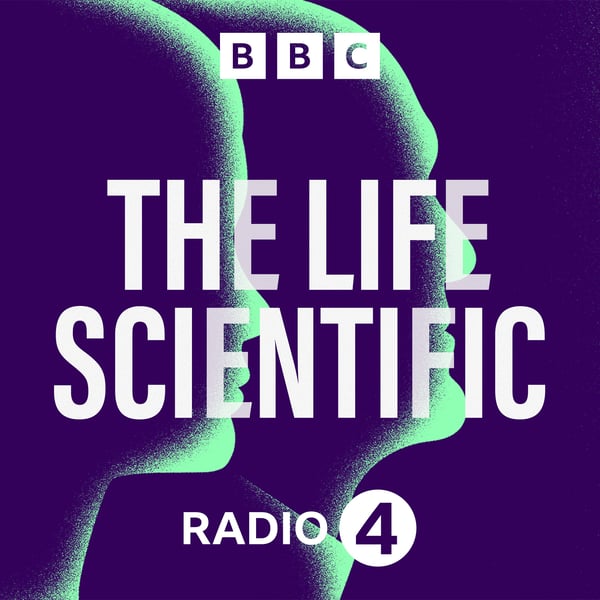Myles Allen on understanding climate change
The Life Scientific
BBC
4.6 • 1.4K Ratings
🗓️ 4 March 2020
⏱️ 37 minutes
🧾️ Download transcript
Summary
Transcript
Click on a timestamp to play from that location
| 0:00.0 | You're about to listen to a BBC podcast and trust me you'll get there in a moment but if you're a comedy fan |
| 0:05.2 | I'd really like to tell you a bit about what we do. I'm Julie Mackenzie and I commission comedy |
| 0:10.2 | podcast at the BBC. It's a bit of a dream job really. |
| 0:13.0 | Comedy is a fantastic joyous thing to do because really you're making people laugh, |
| 0:18.0 | making people's days a bit better, helping them process, all manner of things. |
| 0:22.0 | But you know I also know that comedy is really |
| 0:24.4 | subjective and everyone has different tastes so we've got a huge range of comedy on offer |
| 0:29.6 | from satire to silly shocking to soothing profound to just general pratting about. So if you |
| 0:36.2 | fancy a laugh, find your next comedy at BBC Sounds. |
| 0:40.0 | Welcome to the podcast of the Life Scientific. |
| 0:43.0 | BBC Sounds, Music Radio Podcasts. |
| 0:48.0 | Professor Miles Allen has been at the forefront of understanding global climate change since the 1990s. |
| 0:54.0 | He was one of the first scientists to quantify the extent to which human activity |
| 0:59.0 | since the Industrial Revolution has been responsible for global warming. The chapter he wrote in the third |
| 1:04.6 | assessment for the IPCC, the Intergovernmental Panel on Climate Change in 2001, was |
| 1:10.3 | hugely influential. It concluded for the first time in an IPCC report |
| 1:15.2 | that most of the global warming is due to human influence. At the heart of |
| 1:20.4 | everything he's done is a deep appreciation for the uncertainties involved in |
| 1:24.3 | modeling such a complex system. In 2003 he founded the project Climate Prediction.net, the first probabilistic forecast of future climate change. |
| 1:35.0 | In 2005 Miles suggested that we should stop measuring global climate change in terms of the |
| 1:39.6 | concentration of gases and instead focus on the number of tons of carbon we're putting into the atmosphere. |
| 1:47.0 | It might sound like a subtle distinction, but it had profound and radical policy implications. |
... |
Transcript will be available on the free plan in -1852 days. Upgrade to see the full transcript now.
Disclaimer: The podcast and artwork embedded on this page are from BBC, and are the property of its owner and not affiliated with or endorsed by Tapesearch.
Generated transcripts are the property of BBC and are distributed freely under the Fair Use doctrine. Transcripts generated by Tapesearch are not guaranteed to be accurate.
Copyright © Tapesearch 2025.

